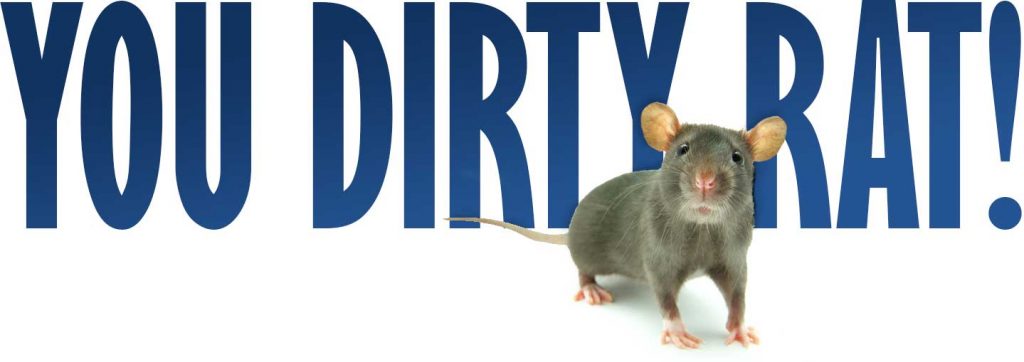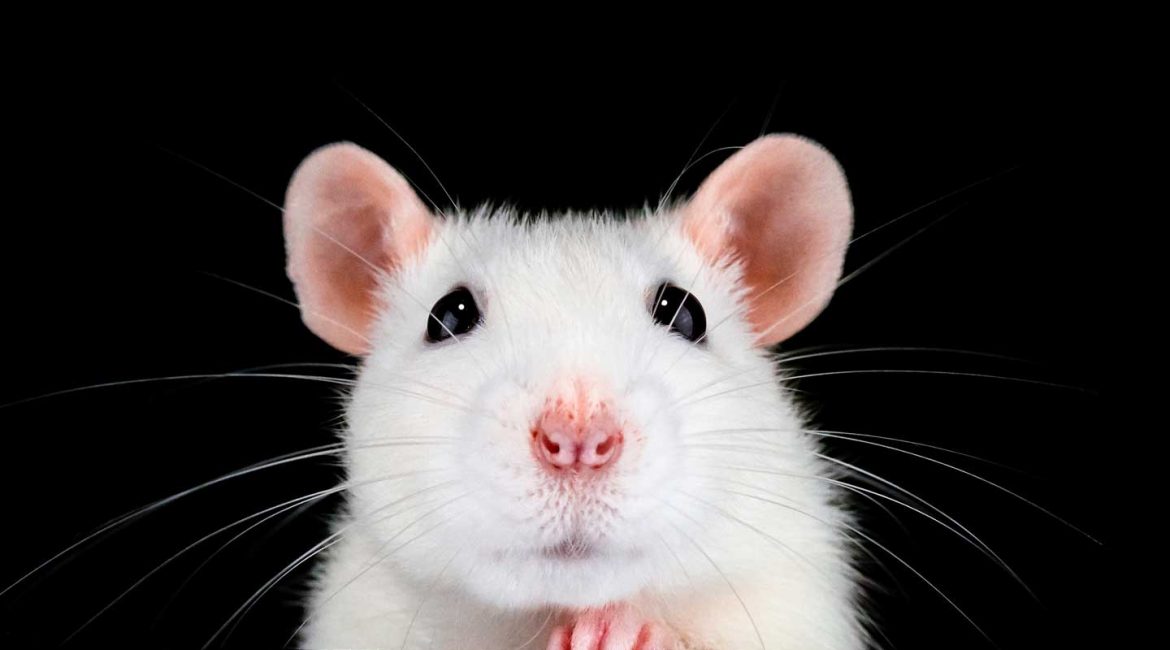
So, it seems we as humans have a nasty habit of treating one another like rats from time to time.
However, in our defense, which species doesn’t occasionally slip into this kinda rat-like behavior?
A fair enough question, but it it seems there is a species that doesn’t. And that species is… well… rats!
I was happy (but not really surprised) to come across a study that discovered the first evidence of empathy-driven helping behavior in rodents.
Here’s how it played out: researches at the University of Chicago, Medicine placed two rats into a special test arena. One rat was held in a restrainer device — a closed tube with a door that can be nudged open from the outside. The second rat roamed free in the cage around the restrainer, able to see and hear the trapped cage mate, but not required to take action.
As the restrained rat became distressed, the freed rat exhibited increased agitation, a kind of “emotional contagion,” response where a subject shares in the fear, distress or even pain suffered by another subject. While emotional contagion is the simplest form of empathy, the rat’s subsequent actions involved active helping behaviors, a far more complex expression of empathy.
After several daily restraint sessions, the free rat figured out how to open the restrainer door and release its cage mate. Once the rat discovered it had the ability to free its companion, it would take action almost immediately upon placement in the test arena.
“We are not training these rats in any way,” said neuroscientist and research lead Inbal Ben-Ami Bartal. “These rats are learning because they are motivated by something internal. They don’t get any
previous exposure on opening the door… and it’s a hard door to open! But they just keep trying and trying, and it eventually works.”
To rule out motives other than empathy, researchers conducted a few more experiments. A stuffed toy rat was placed in the restrainer. The free rat did not bother to open the door.
They ruled out social interaction as a motivator by releasing the captive companion into a separate compartment. Even so, the free rat continued to nudge open the door. These experiments left behavior motivated by empathy as the simplest explanation. “There was no other reason to take this action, except to terminate the distress of the trapped rats,” Bartal said.
Of course, it’s easy to act altruistic when you’ve got nothing to loose! And, the nuroscientists at Chicago University considered this, as well.
So, another experiment was launched. This one gave the rats a choice: free their companion or feast on chocolate (a favorite rat treat).
Two restrainers were placed in a cage, one with a distressed rat, another containing a pile of chocolate chips.
The free rat had the option of eating all the chocolate before freeing its restrained cage mate. But, the rat freed his companion before opening the chocolate and sharing the feast.
These experiments are evidence that empathy-driven behavior is not unique to we humans; that, perhaps in reality, empathy, selflessness and altruism is innate in all sentient beings.
Based on this, may I suggest that we Homo-sapiens take a lesson from our little rat cousins. If humans would act like rats more often, perhaps we’d all be a little better off.
